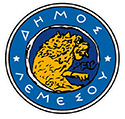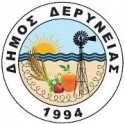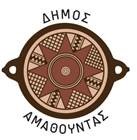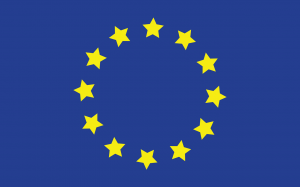“Today all our thoughts are with our citizens who are suffering from the devastating forest fires in Portugal and Spain and the storms affecting Ireland and the United Kingdom.
Our condolences go to all those that have sadly lost loved ones and we commend the brave first responders working in difficult conditions to save the lives of others.
We are in constant contact with the respective authorities and all EU emergency response tools are available.
The first EU support is already on its way.
President Juncker has spoken to Prime Minister of Portugal António Costa and I have spoken to Minister Constança Urbano de Sousa to offer the EU’s full solidarity and readiness to help.
Following a request for assistance from the Portuguese authorities, firefighting aircraft from Italy are being dispatched through the EU’s Civil Protection Mechanism. These specialised planes will operate in the most affected areas in Portugal and provide valuable support to the national emergency efforts.
We are also closely following developments regarding Hurricane Ophelia currently affecting parts of Ireland and the United Kingdom.
At this stage, the Irish authorities have requested assistance via the EU’s Copernicus satellite mapping system. Highly detailed satellite imagery will help the national civil protection teams assess the extent of damage and better focus relief efforts.
Our 24/7 Emergency Response Coordination Centre is working around the clock to channel EU support and we stand ready to mobilise any further assistance requested.”
Background
The European Commission coordinates voluntary offers made by participating states though the EU Civil Protection Mechanism, and can co-finance the transport of relief items and experts to the country in question. The Civil Protection Mechanism can only be activated upon request from the national authorities. The mobilisation of assistance is coordinated through the Commission’s Emergency Response Coordination Centre, which closely monitors developments and offers the possibility of transport co-financing for the offered assistance.
Assistance can consist of items for immediate relief as well as experts and supporting intervention teams. In the case of fires, support can include fire-extinguishing aircraft. The Commission cannot send planes or equipment itself via the Mechanism.
Overall, the Mechanism facilitates the cooperation in disaster response among 34 European states (28 EU Member States, the former Yugoslav Republic of Macedonia, Iceland, Norway, Montenegro, Serbia and Turkey).
Links
Factsheet: EU: a world leader in helping those affected by crises
Photos: European Commission’s Emergency response centre
Video: European Commission’s Emergency response centre
STATEMENT/17/3968
Press contacts:
|







